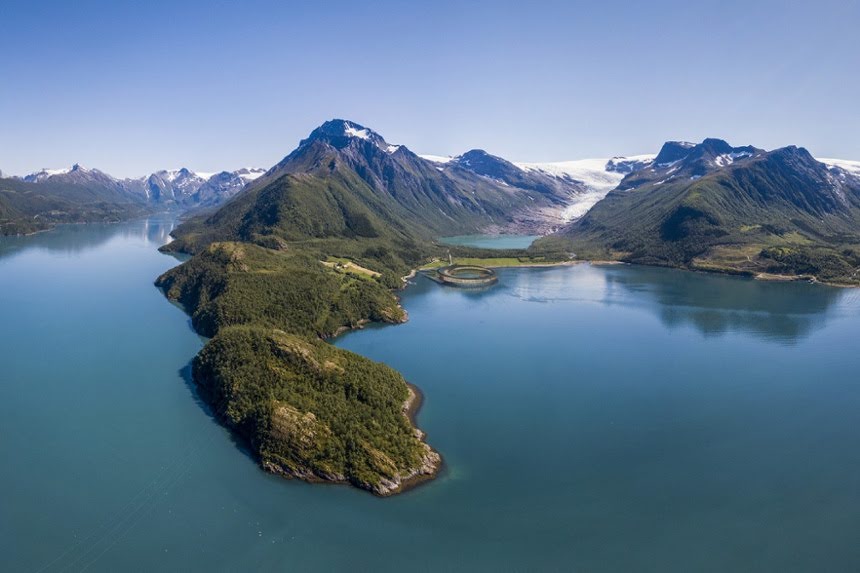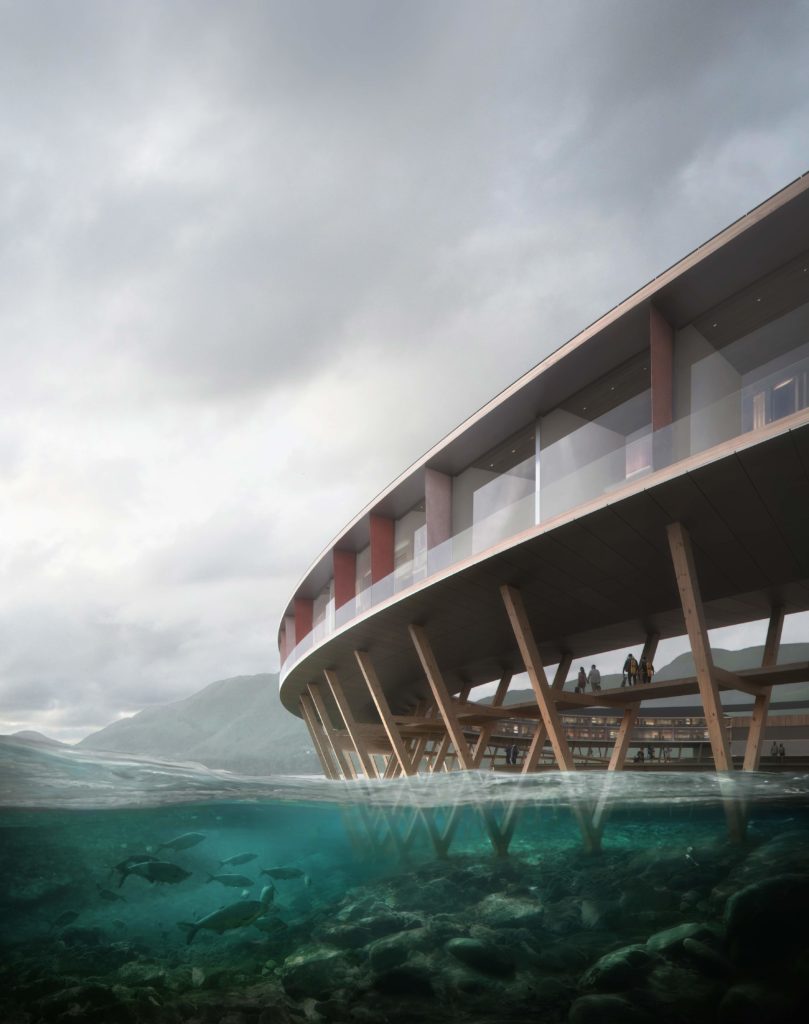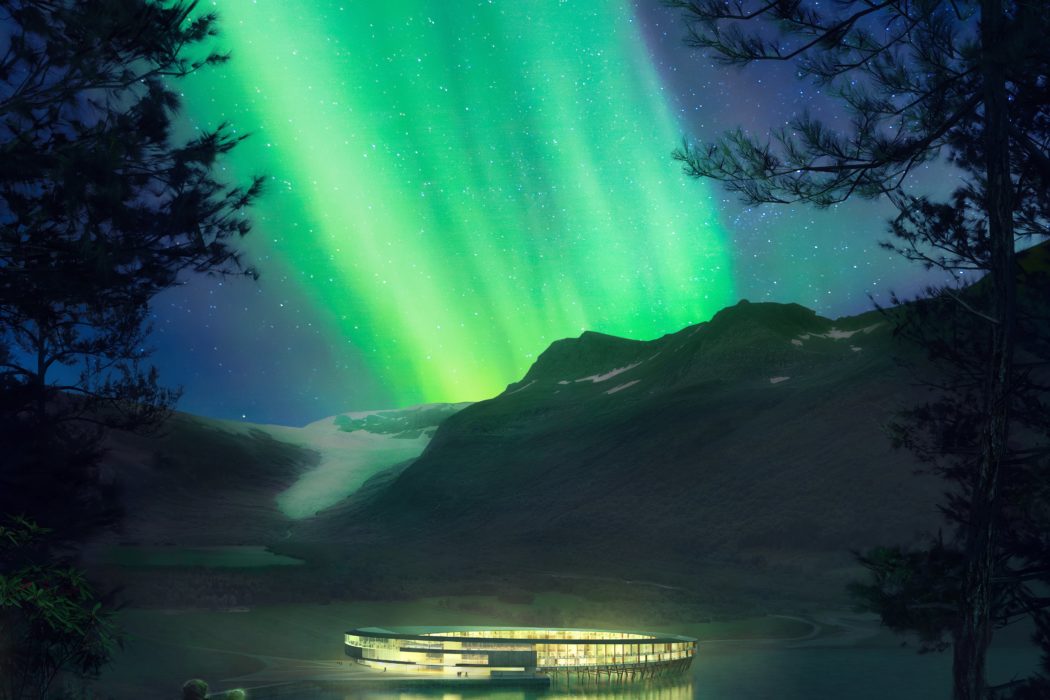Sustainable, responsible and impact investing (SRI) is an investment discipline that considers environmental, social and corporate governance criteria to generate long-term competitive financial returns and positive societal impact. Yes, I know, you hear the words fiscal responsibility and you’re already headed for Nantucket. But really, you should be telling the pilot to plot a course for the Svartisen glacier in Oslo.
By now, your broker, IFA, portfolio manager or family office will have discussed sustainable investments with you, along with the motivations behind them. You might have considered community development loan funds or clean tech portfolios. Not only do they fulfil fiduciary duties, they are likely to provide important environmental benefits.
Traditionally, sustainable investors have focused on one or both of two strategies. The first is ESG incorporation; the second is more specific to those with shares in publicly traded companies and boils down to filing shareholder resolutions.
The US SIF Foundation’s Report on US Sustainable, Responsible and Impact Investing Trends identified $12 trillion in total assets under management at the end of 2017 using one or more sustainable investing strategies. The current market is worth $23 trillion with half of all assets managed in Europe.
According to Savills World Research, the total global real estate industry in 2017 was valued at $281 trillion, and since increasing, constituting the largest asset class in the world. At the same time, according to the 2019 Global Status Report for Buildings and Construction report from the International Energy Agency (IEA), the buildings and construction sector accounted for 36% of final energy consumption, and 39% of direct and indirect CO2 emissions in 2018.
Now, is any of this affecting your net worth? I suspect you would have to call your broker first – but hear us out.

Global challenges, such as climate change, meltdowns, rising sea levels and general pollution, coupled with population growth and urbanisation have pushed new demands on the real estate industry. Authorities around the world have, therefore, agreed to impose a 40% carbon reduction requirement (by law) for all public, commercial and office buildings. Properties that do not have this reduction implemented by 2030 will be heavily taxed. The change is coming, and it’s as assured as deaths and taxes. If you’re reading this and you’re still on the fence about global warming, you can stay there; we need you to believe in an equitable rate of return (though shame on you).
In October 2019, US Capital Global provided MIRIS AS with a €10 million bridge loan. This was enough to put the project on our CSR radar. MIRAS is a technology-driven real estate development company that enables sustainable solutions. The company had five large scale construction projects planned, including the world’s first energy-positive hotel. This was only the beginning though as a €100 million growth equity program was well into development.
Jan Gunnar Mathisen, CEO and founder of MIRIS, said: “We are very pleased with the excellent advisory services and timely financing provided by US Capital Global. This bridge financing is designed to support our continued growth, as we continue to transform MIRIS from a real estate developer to a smart city developer with equity.” Over the last forty years, Mathisen has led the likes of Arctic Telecom AS, African Telecom Group AS and Co Founded the Norway Bahrain Business Council. His executive team includes Julie Tretteteig, who was brought in at the end of 2019 and Elin Hauge who arrived in early 2020.
MIRIS is looking to finance its energy-positive hotel, located close to the Svartisen glacier, north of the Arctic Circle, with the MIRIS Green Bond. The World Bank issued its first green bond in 2009. Since then more and more people are investing their money in this way. Rating agency Moody’s estimated that $250 billion worth of green bonds were issued around the world in 2019. And that number will surely continue to grow in the coming years, thanks to people who realise that they can make their money work in truly uplifting ways without too much effort on their part. The Green Bond is registered on Norway’s Central Securities Depository (Verdipapirsentralen).

Ivaylo Lefterov is the Hotel Development Director who is leading the development at the foot of the Svartisen glacier.
“We look at Svart as having four major pillars; environment, nature, sustainability and technology innovation. Wellness and mindfulness are also a big part of it. For us, it’s very important to run all of these elements together in tandem, because they have direct impact on the design itself. From my experience, at least, a lot of the mistakes that come from hotel developments are that many projects don’t consider all elements at the same time. It’s often as an afterthought, and then they have to adjust or adopt elements to make it work. In a way this compromises the end result and doesn’t allow it to reach its full potential as something unique. So, we’ve taken a longer time to plan, and to put things together – we wanted to make sure we looked at all the relevant parts of the operation from the perspective of the end user and mitigated any risks.
The vision for Svart is so much bigger than the project itself; we are trying to use it as a showcase of what can be achieved in terms of sustainability and energy solutions. It’s demonstrating to the user what we can do, and the extent of what can be done, to really get people thinking about it. I’ve been a vocal critic of the hospitality industry and hotels in general because not enough has been done in these areas”.
The hotel, which is designed by the Norwegian architect firm Snøhetta, will have about 100 rooms, an onsite education and design lab, and a sustainable farm producing ingredients for the hotel’s four restaurants. The architecture is inspired by local coastal building traditions and stands on wooden piles dissolving the boundary between land and fjord. The shape of the hotel provides a panoramic view of the fjord and an experience of living in proximity to nature.
Svart is the first building to be designed and built according to the highest energy efficiency standards in the northern hemisphere. The hotel will save 85% of its annual energy consumption and it will harvest enough solar energy to cover both the hotel operations, including its boat shuttle operation, and the energy needed to construct the building.
So, whether you are considering visiting as a guest or instructing the money men to make a move for you, we certainly look forward to seeing the finished article.


